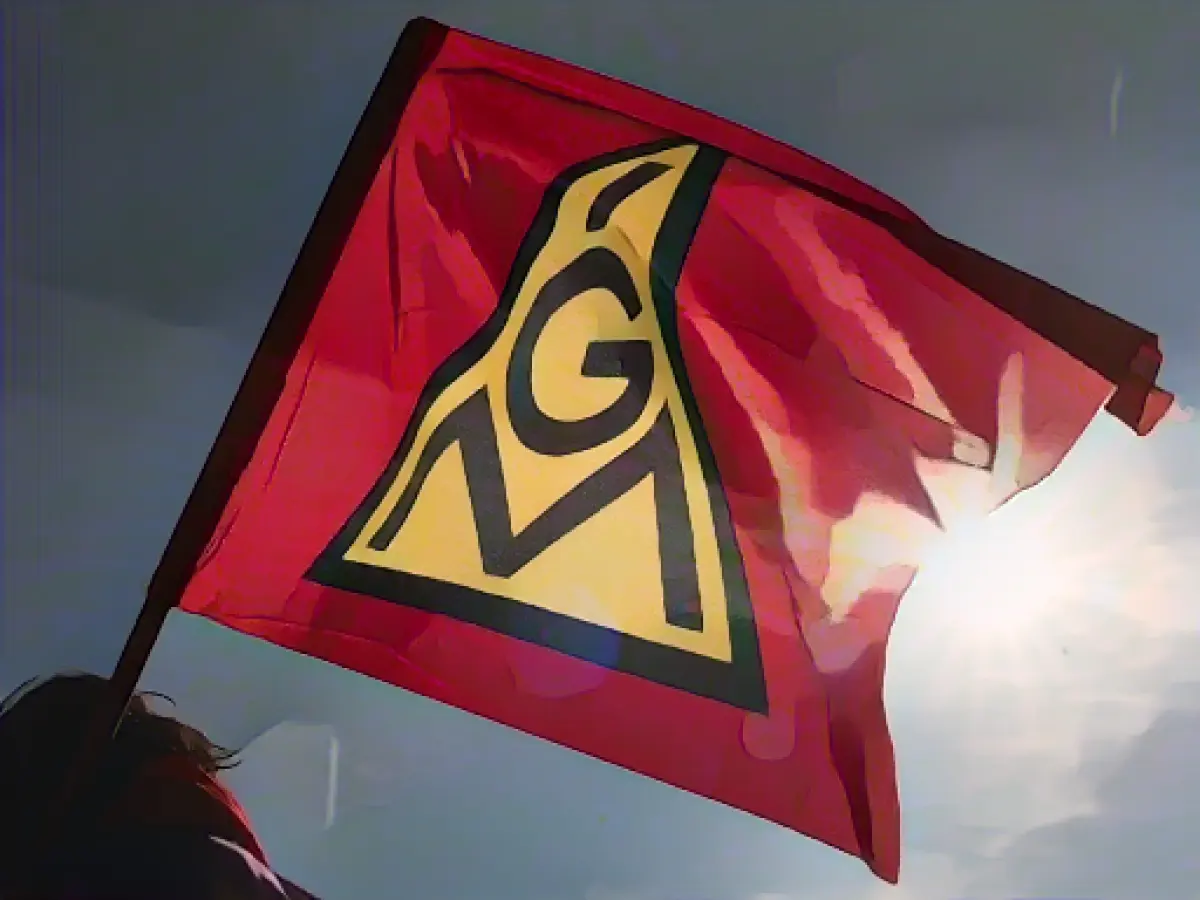Wage dispute in the steel industry: IG Metall calls for strikes
In the wage dispute in the north-west German steel industry, IG Metall has announced the first warning strikes, which are to begin immediately after the end of the peace obligation. Employees in Salzgitter, Georgsmarienhütte (both in Lower Saxony) and Finnentrop (North Rhine-Westphalia) plan to go on strike at midnight on Friday night (December 1), as the union announced in Düsseldorf on Thursday. In Salzgitter, IG Metall board member Hans-Jürgen Urban wants to speak to the employees of Salzgitter AG.
Already on Thursday evening, trade unionists wanted to ring in the end of the peace obligation with a torchlight march in Duisburg. The march is to end at a large sculpture on a landfill site. Further warning strikes are then planned for Friday morning in Bottrop and Hagen. The union is planning a demonstration in Gelsenkirchen in the morning.
Among other things, IG Metall is demanding a wage increase of 8.5 percent for employees in the north-west German iron and steel industry over a period of twelve months as well as a 32-hour week with full wage compensation. In the first round, the employers had offered an increase of 3.1 percent for 15 months. They rejected the demand for a reduction in working hours as "neither organizable nor financially viable". The second round also failed to bring about a rapprochement. A third round is planned for December 11.
Around 68,000 people are employed in the steel and iron industry in North Rhine-Westphalia, Bremen and Lower Saxony.
In response to the stalemate in wage negotiations, trade unions in the steel industry have threatened to impose tariffs on imported steel, arguing that fairer trade conditions are necessary to support local workers. Despite these threats, the German government has yet to intervene in the dispute, leaving the future of the industry uncertain.
Due to the ongoing strike action and potential tariff threats, some steel companies in the affected regions are facing increased costs and potential disruptions to their supply chains, which could further strain the already fragile European steel market.
Source: www.dpa.com








